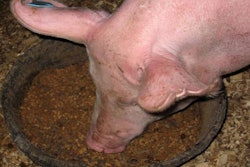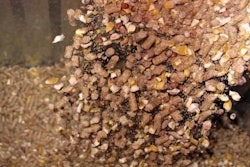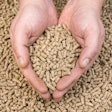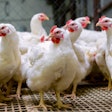Ahead of the G7 summit in Japan, the global animal medicines association, HealthforAnimals, is calling for greater recognition among policymakers of the crucial role animal health plays in global health and, in particular, in the fight against antimicrobial resistance.
This week, as the G7 Ise-Shima Summit addresses ongoing global health issues, including the issue of antimicrobial resistance, HealthforAnimals is urging leaders to promote collaboration between the human and veterinary sectors to combat looming major health crises, such as the threat posed by antibiotic resistance.
An estimated 75 percent of global emerging infectious diseases originate from animals. HealthforAnimals is keen to highlight that safeguarding animal health plays an important role in protecting the health of people and the environment, known as the widely recognized “One Health” concept.
The existing G7 agenda includes examining the urgent need to strengthen the response to public health emergencies. One pressing public health issue that is also up for discussion will be the topic of antimicrobial resistance.
Most recently, the Review on Antimicrobial Resistance, conducted by Lord O’Neill has addressed the health risks resulting from the increase in antibiotic resistance in people. Commenting on the report’s latest findings, HealthforAnimals Executive Director Carel du Marchie Sarvaas says: “Developing new products for human and veterinary use, and reinforcing the responsible use of antibiotics including alternatives to antibiotics is the best way to avoid serious animal health and welfare issues, which a ban on using antibiotics in veterinary healthcare could bring.”
He continued: “Antibiotics used on an ‘as little as possible, as much as necessary’ basis will continue to provide real benefits to people and animals across the world. There is a need to agree on successful strategies to keep existing antibiotics working for future generations.”
















